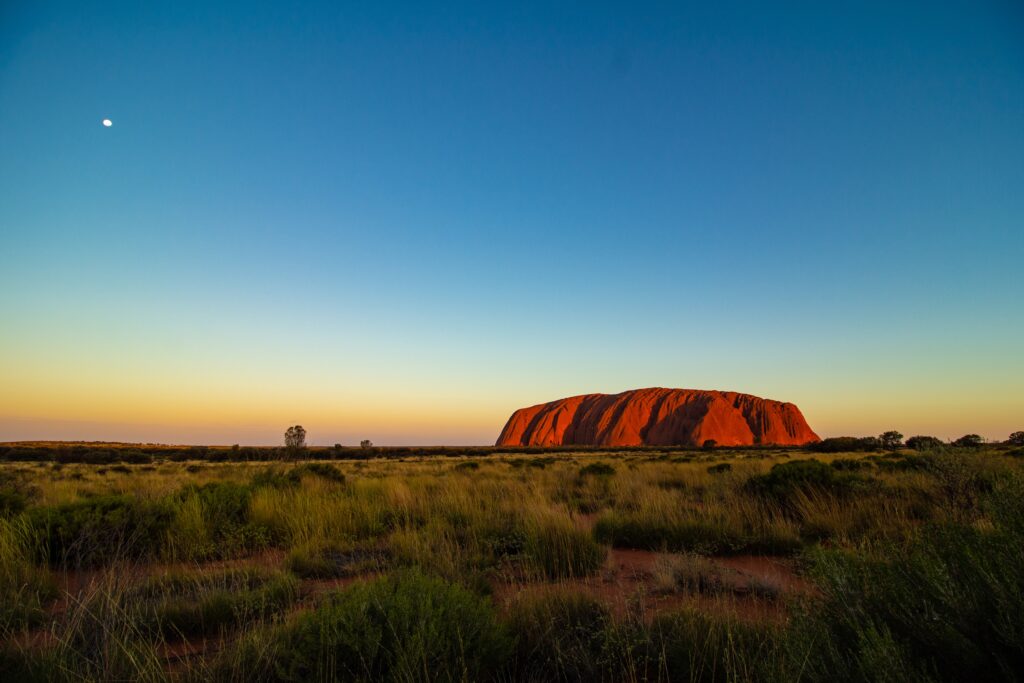An expert is a witness who is able to express admissible opinions due to their specialised knowledge based on the person’s training, study or experience.[1] Broadly speaking, the courts have been open to a number of subjects as fields of expertise. However, an ongoing tension exists as to what qualifications are necessary to be considered an expert. This has become a relevant issue in ongoing native title processes where expert evidence has been sought as to the nature of Aboriginal customary law yet a number of obstacles in. Firstly, in the varied nature of Aboriginal customary law in Australia and secondly, in the qualifications required for an expert. Thus far there is no definitive agreement as to what qualifies an expert.
Aboriginal customary law has become increasingly an issue has native title proceedings become more prevalent. In such matters they remain an issue of fact rather than law and the existence of customary law must be attested to. For a party to rely on an Aboriginal customary law, they must first prove its existence. Thus far, courts have insisted on ‘first hand evidence based on knowledge of matters of fact’.[2] As discussed in The Basis Rule, opinions in court are not admissible unless testified to by an expert. If traditional conceptions of experts are adhered to, evidence of Aboriginals familiar with their laws could be excluded, thus severely diminishing proof of customary traditions, customs and law.
Section 79 of the Uniform Evidence Acts provides “if a person has specialised knowledge based on a person’s training, study or experience, the opinion rule does not apply to evidence of an opinion of that person that is wholly or substantially based on that knowledge”.[3] In the common law, there have been a number of different formulations regarding the definition of ‘specialised knowledge’. In South Australia, specialised knowledge was held to be that which is “sufficiently organized or recognised to be accepted as a reliable body of knowledge or experience”. [4]
While there are many who will be considered experts, including anthropologists and those with formal degrees, Aboriginal customary law is not uniform in any sense across Australia. Milirrpum v Nabalco Pty Ltd[5] demonstrated the issue of such experts who have experience of Aborigines generally rather than with a relevant group. One expert’s testimony, a Professor Stanner, was called into question due to his lack of experience with the particular group of Aborigines in question.
One solution may be the treatment of experts as in foreign law, where witnesses with extensive experience rather than formal qualifications in the matter may give expert evidence. In consideration of such evidence, the question has been of the substance of knowledge rather than the process of attaining such knowledge.[6]
Another solution may be so called ‘ad-hoc’ experts, those who have acquired expertise based on their experience. These experts were recognised by the High Court in R v Butera.[7] While some have expressed concerns that inclusion of ad hoc experts may provide too broad of a scope to s 79, it may provide a pragmatic response to the prevalent issues in proving Aboriginal customary law.
Aboriginal customary law evidences a specific area of law where traditional conceptions of experts may no longer be as relevant. As such cases become increasingly prevalent, it may be that the requirement of specialised knowledge will be defined to include those experts without formal training or education but rather significant experience in the subject matter. This would resolve the considerable obstacles presented by the varied nature of Aboriginal customary law within different groups and the lack of formalised qualifications for those with specific knowledge. Aboriginal customary represents a unique and interesting exception for the need for qualified experts, for all other cases requiring formal qualifications, there is Experts Direct.
This article was prepared in conjunction with Susan Flynn.
[1] Uniform Evidence Legislation s 79
[2] Australian Law Reform Commission, Recognition of Aboriginal Customary Laws, Report No. 31, [615].
[3] Above n 1
[4]R v Bonython (1984) 38 SASR 45, 47.
[5] (1971) 17 FLR 141
[6] Above n 2, [631].
[7](1987) 164 CLR 180.
